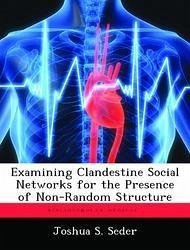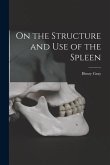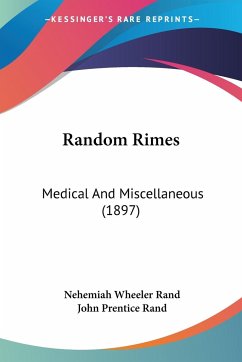This thesis develops a tractable, statistically sound hypothesis testing framework for the detection, characterization, and estimation of non-random structure in clandestine social networks. Network structure is studied via an observed adjacency matrix, which is assumed to be subject to sampling variability. The vertex set of the network is partitioned into k mutually exclusive and collectively exhaustive subsets, based on available exogenous nodal attribute information. The proposed hypothesis testing framework is employed to statistically quantify a given partition's relativity in explaining the variability in the observed adjacency matrix relative to what can be explained by chance. As a result, valuable insight into the true structure of the network can be obtained.
Hinweis: Dieser Artikel kann nur an eine deutsche Lieferadresse ausgeliefert werden.
Hinweis: Dieser Artikel kann nur an eine deutsche Lieferadresse ausgeliefert werden.








